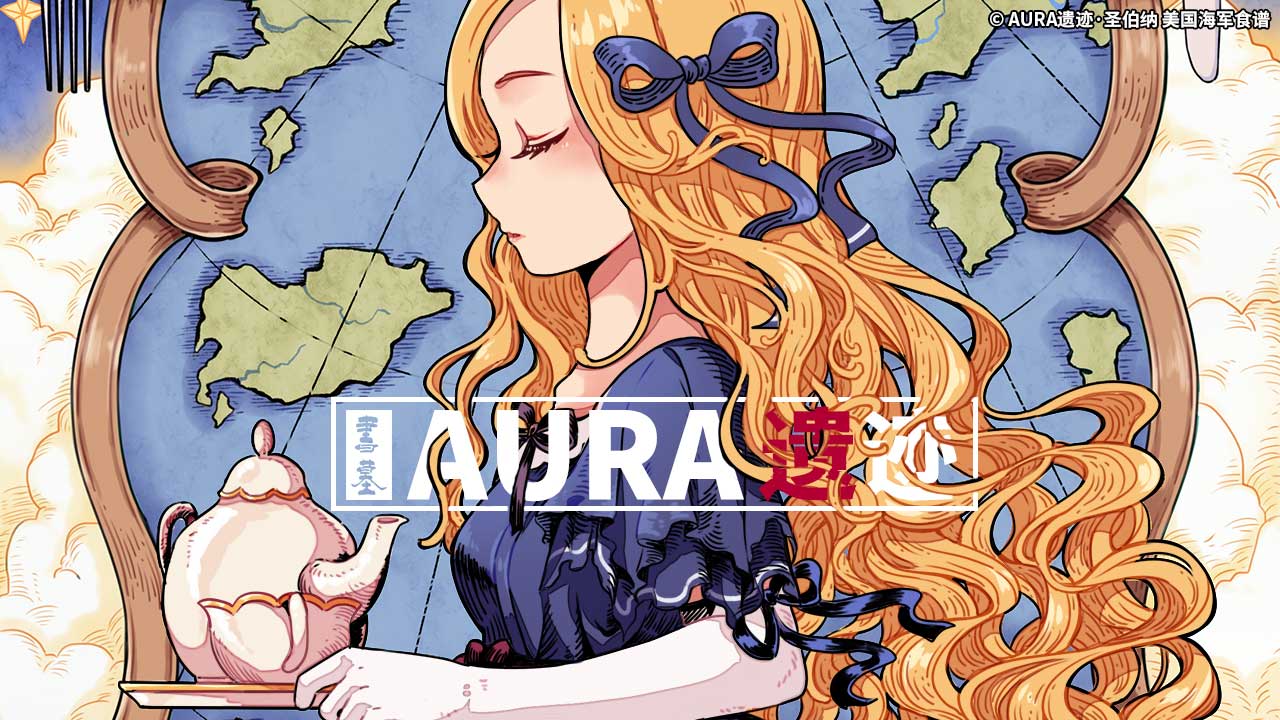Quiet day today, so I’ve got time to answer a couple of questions. Though, at this point, my backlog’s back with a vengeance. x)
“If the USSR is “resurgent,” then how bad is the Cold War in Pacific? Does the Cold War ever heat up?”
Good question, and this is one that I get more often than I’d have predicted. The answer is that it is more intense in certain areas, and less intense in certain others. Let me give you a few examples.
The USSR has excellent heavy industry. As such, US steelmakers – to take a simple example – will be facing stiff competition. The US is still a steel/iron importer in Pacific, after all, and our free market system naturally encourages businesses to purchase from the best source. Given that the war is less “cold” because of a tacit permissiveness to allow the other to co-exist, however, the competition is positive in nature, as it spurs both countries to seek better solutions.
Remember that Pacific’s USSR and US are both considerably less interventionist (albeit for different reasons), and there will be differences in the balance of power (at least in terms of state to state alignments).
As for how “bad,” well, “bad” is difficult to quantify. The USSR is doing fine and the US is doing great as of “modern” time Pacific (1990), so in that sense, whatever the Cold War might have done, it ultimately turned things out better than our own timeline.
Actual military conflicts are considerably less as well. The Korean War was much costlier to the US in Pacific’s timeline due to several factors (Abyssal interference, poor intelligence gathering, unusual decision making, luck, China, politics, and more), and the bloodiness of that conflict left a very deep impression in the psyche of America. America, as I’ve noted in the AR books, is less willing to intervene in matters that are not absolutely necessary. Military adventures such as the Bay of Pigs incident would likely not have happened, though we’ll set things in stone as we get to that point.
Part of the challenge here in terms of creating Pacific’s own timeline is that a balance is necessary. I want people to read a particular event and go, “aha, I knew that one,” and I am, first and foremost, an adherent of suspension of disbelief. Thus, it is necessary from my perspective to keep as close to our real-life timeline as possible, as it would be a disservice to this work and a purely selfish “fixit” exercise otherwise.
However, there is the matter of Abyssals. At this stage in the story, even one is a force of nature capable of upsetting fragile geopolitical balances or status quos. We aren’t taking a carbon copy of history either. So you’ll just have to watch and see. 🙂
“Do shipgirls eat?”
Do people eat?
Yes.
